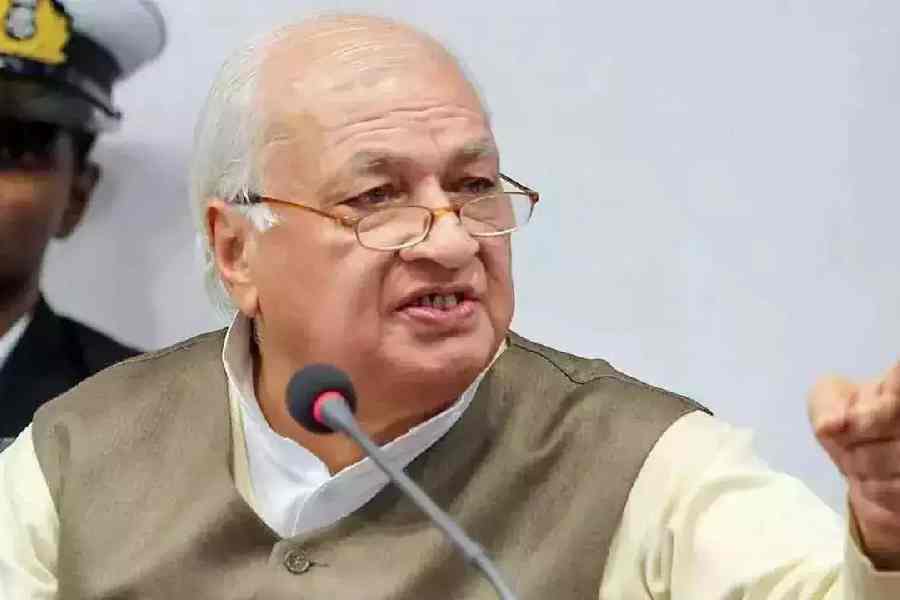Kerala Governor Arif Mohammed Khan has approved eight pending bills, including the significant public health bill, at a time when the Supreme court is considering the government's plea alleging inordinate delay by Raj Bhavan in clearing legislation.
However, he has reserved seven bills, including the controversial University Amendment Bill, for presidential assent, Raj Bhavan said on Tuesday.
On November 24, a bench comprising Chief Justice D Y Chandrachud and justices J B Pardiwala and Manoj Misra heard the plea of the Kerala government accusing the governor of not granting assent to several bills cleared by the state assembly.
Among the bills reserved for presidential assent are two University Amendment Bills.
The other bills include the Lok Ayukta Bill, University Bill 2022 (related to divesting the Governor of Chancellorship), the bill regarding the expansion of the University Search Committee, and the Cooperative (Milma) Bill, according to the communication from Raj Bhavan.
Last week, the Supreme Court had asked the Kerala Governor's additional chief secretary to refer to its recent verdict in Punjab's case, where it held that governors cannot "thwart the normal course of lawmaking".
While deciding on the Punjab government's plea against Governor Banwarilal Purohit, the top court had held that governors cannot take the liberty to keep bills pending indefinitely without any action.
The verdict said if the governor decides to withhold assent to a bill, then he has to return the bill to the legislature for reconsideration.
It also said that the unelected "Head of the State" is entrusted with constitutional powers but that cannot be used to thwart the normal course of lawmaking by state legislatures.
Except for the headline, this story has not been edited by The Telegraph Online staff and has been published from a syndicated feed.










